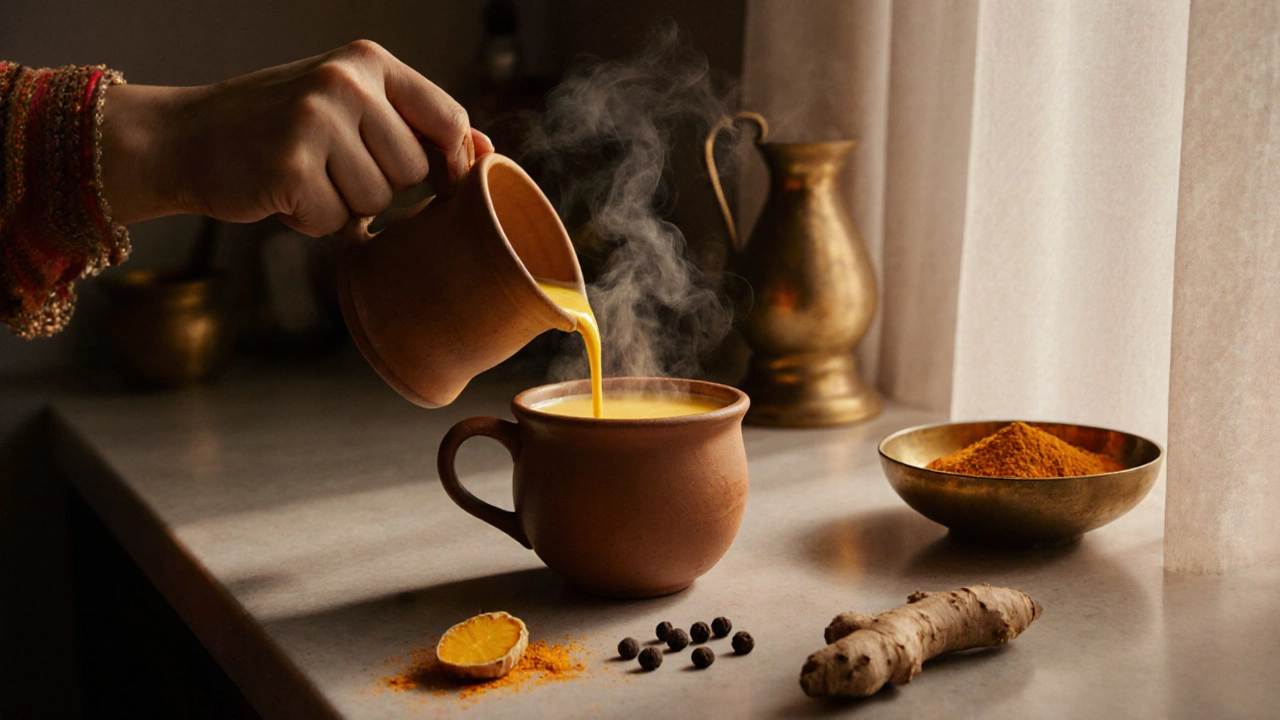Daily Herbal Supplements: What Works, What Risks, and What Doctors Don’t Tell You
When you take daily herbal supplements, natural plant-based products taken regularly to support health, often used alongside conventional medicine. Also known as herbal remedies, they’re part of daily life for millions in India — from turmeric capsules to ashwagandha powders. But just because something is natural doesn’t mean it’s safe to take every day, especially without knowing how it affects your body or other medicines you’re on.
Many people think herbal supplements, concentrated plant extracts sold as pills, teas, or powders to improve wellness are harmless because they come from plants. But herb interactions, how herbal compounds react with prescription drugs, altering their effectiveness or causing side effects are real and dangerous. Take blood thinners and turmeric — together, they can increase bleeding risk. Or St. John’s Wort and antidepressants — mixing them can trigger serotonin syndrome. These aren’t rare cases. A 2022 study in a major Indian hospital found nearly 1 in 4 patients taking daily herbal supplements had unexpected drug reactions. And most didn’t tell their doctor.
Ayurvedic supplements, herbal formulations based on ancient Indian systems like Panchakarma, often tailored to body types (Vata, Pitta, Kapha) are especially popular here. But even these traditional blends can overload your liver or interfere with diabetes meds. Some Ayurvedic products have been found to contain heavy metals like lead or arsenic — not because they’re made poorly, but because the raw herbs absorbed toxins from polluted soil. That’s why a cleanse that promises detox might actually be poisoning you slowly.
It’s not about avoiding herbs. It’s about using them wisely. If you’re taking daily herbal supplements, ask yourself: Why am I taking this? What’s it supposed to do? And have I checked with someone who knows medicine, not just a shopkeeper? Most people start with a friend’s recommendation or a viral post. But your body isn’t their body. What helped someone else could hurt you.
There’s a gap between what’s sold as wellness and what science actually supports. Some supplements work — like ashwagandha for stress or ginger for nausea. Others? Pure hype. And the ones that sound too good to be true? They usually are. The good news is, you don’t need to guess. The posts below show real cases — people who felt better, people who got sick, and the hard truths about what’s actually safe to take every day. You’ll see what doctors quietly warn about, what side effects get hidden on labels, and how to spot a supplement that’s doing more harm than good. No fluff. Just what you need to know before your next bottle.





